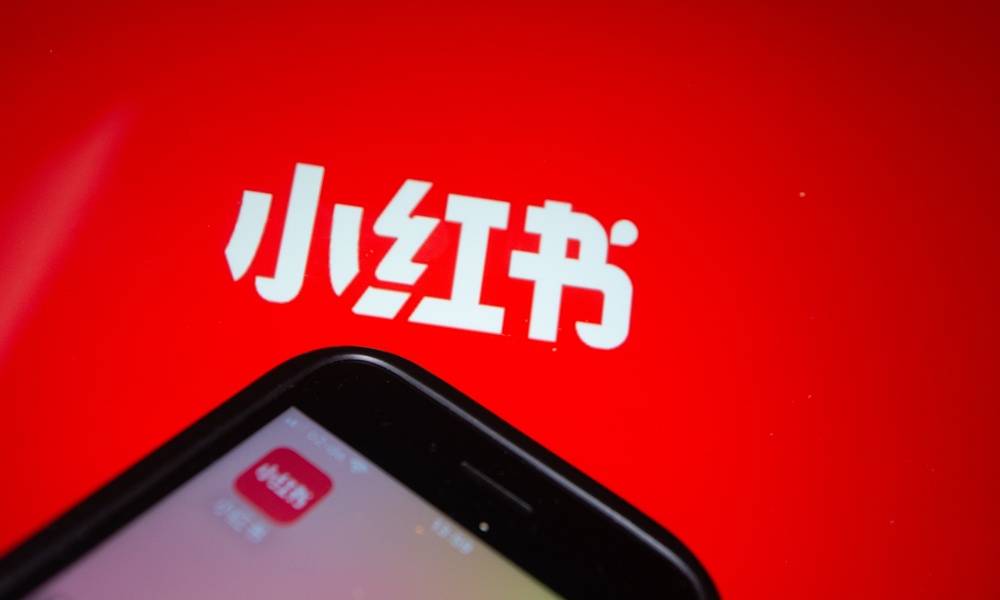"US rumor-mongers" should try out the popular Chinese social app "RedNote," or "Xiaohongshu" to "understand the trend of times" and the desire for Chinese and the US people for deeper mutual engagement, Chinese analysts reached by the Global Times said on Friday, commenting on the anxiety displayed by certain US extreme politicians and so-called cyberspace experts who recently overreacted by taking their aims at the popular app after it tops Apple App Store's free downloads.

Xiaohongshu (Red Note) Photo: CFP
Chinese analysts stressed that those malicious hypes won't deter the momentum of positive engagement between Chinese and the US netizens, under which mutual understandings are growing day by day and each side has been impressed by the kindness and friendliness from the other. It, on the contrary, laid bare the US politicians' fear for exposing their malicious anti-China agenda and hiding a genuine China reality from US citizens, analysts pointed out.
According to a CBS News report on Thursday, commenting on the surge in popularity of RedNote in the US market ahead of a potential TikTok ban, US cybersecurity expert Adrianus Warmenhoven said that RedNote may actually "represent an even greater threat," as "all of the data sharing and all the servers to which the data is being shared is in China."
John Moolenaar, chairman of House Select Committee on China - which played a key role in the potential TikTok ban, said that RedNote could face a similar crackdown in the US under the divestment law, like TikTok, according to another report by the New York Post.
RedNote has not responded to aninterview request by the Global Times regarding those so-called concerns as of press time. The Chinese app has been filled with more interesting moments of engagement between Chinese and US people in recent days, ranging from "cat tax" to "online one-on-one tutorial."
The "cat tax" phenomenon starts with many US netizens trying to break the ice at the social platform by sharing photos of their cats and the trend was warmly welcomed by Chinese users, who joked that the community "would accept them only if they share the cute photo of their cats."
The exchange then moves deeper, expanding into areas of expertise between the people of the two countries. Some Chinese students also used the platform to ask foreign users for help with their English homework, while some foreign users turning to Chinese users for assistance with their math assignments.
A Rednote Chinese beauty blogger, who prefers not to be identified, also told the Global Times on Friday that she was asked by a US netizen on "how to do a similar make-up with Oriental look like her."
Those friendly people-to-people exchanges between China and the US reflect the desire from each side to learn more about the other, analysts said, while urgingUS politicians to register for the app and see it themselves.
But some US politicians just cannot tolerate the growing warmth in people-to-people exchanges, nor do they want citizens from both sides to understand each other's realities. They're afraid that if such interactions cannot be suppressed, and US netizens discover that China's actual situation differs from the narrative these politicians promote, which coupled with the friendliness of Chinese netizens, could make it harder for these politicians to continue smearing China, Li Yong, a senior research fellow at the China Association of International Trade, told the Global Times on Friday:
"Some radical US politicians feel both anxious and frustrated. More interactions on platforms like Xiaohongshu will make those US politicians lose the space to smear China. US netizens have come to see China's reality and the friendly attitude of Chinese netizens, further weakening these politicians' attempts to spread negative narratives," Li said.


